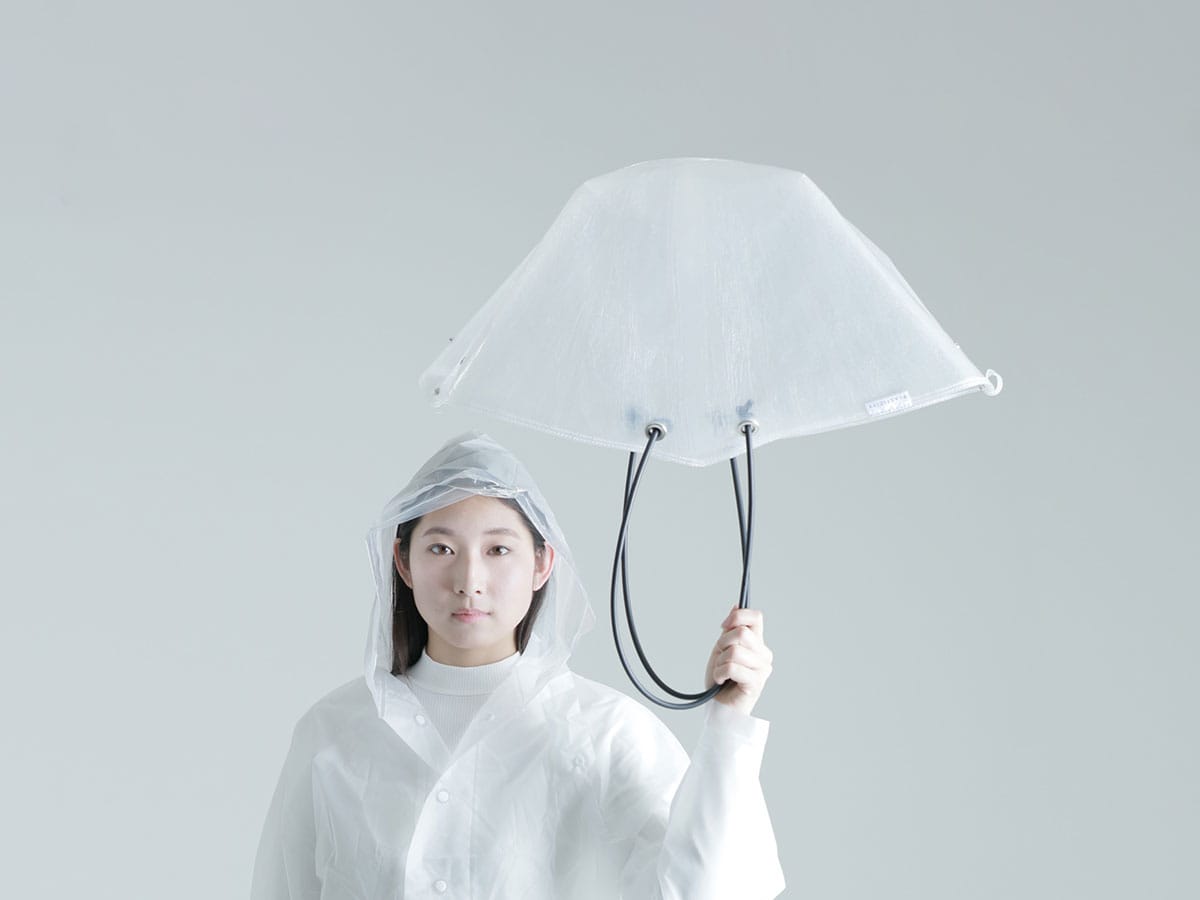
Source: © SocialWire Co., Ltd.
Discarded plastic umbrellas are reborn as fashionable bags and accessories by sustainable brand PLASTICITY
- Tags:
- Accessories / Bags / Fashion / plastic umbrella / plastic waste / PLASTICITY / Recycling / sustainable / Umbrella
Related Article
-

World-renowned Japanese fashion designer Issey Miyake passes away
-
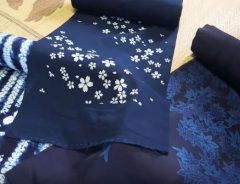
Japan Blue: An Indigo Dyeing Process That Links You With The Heart Of A Japanese Craftsman[PR]
-
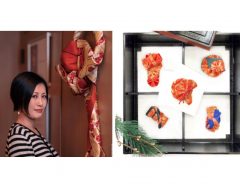
What is ORIOBI?Reviving Japan’s treasures through beautifully recycled OBI
-
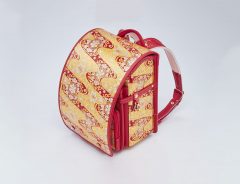
Japanese “randoseru” schoolbags given an adult makeover in Kyoto style
-

This Golden Week in Tokyo, experience Kintsugi golden joinery, Japan’s sustainable pottery art
-
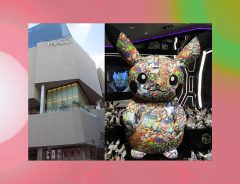
Shibuya Parco Reborn: Nintendo’s First Store in Japan, A Unique Pokemon Center and More


The clear plastic umbrella: from trend to trash
When Beat Takeshi appeared with a plastic umbrella in the seminal film Battle Royale (2000), many audience members took notice at film festivals and screenings on the international circuit. According to Wikipedia, the umbrella looked so different and attractive that it inspired numerous inquiries from abroad to White Rose Co., one of Japan's only remaining domestic manufacturers.
Back in the 1960s, colorful plastic umbrellas were the height of fashion in the upscale shopping district of Ginza, after which their popularity spread throughout the country. With makers like White Rose making high-quality models, they were enjoyed and taken care of.
But today, life is hard for the lowly plastic umbrella. Sold everywhere from station kiosks to pharmacies, convenience stores, and supermarkets, and available for only a few dollars apiece, they are often forgotten or discarded. The lost and found storerooms of trains and subway lines are burdened with them in prodigious numbers. And if that weren't bad enough, the flimsy frames of the cheaper varieties easily break in windy weather. Their sad fate is most apparent after a storm, when, broken and distorted, they end up piled up in a street corner for trash collectors to dispose of. A far cry from their heyday as prized fashionable items, not to mention a major contributor to Japan's plastic waste problem, at a rate of over 80 million discarded per year.
The sad fate of the lowly clear plastic umbrella | © SocialWire Co., Ltd.
PLASTICITY
Enter sustainable fashion brand PLASTICITY.
MONDO DESIGN Co., Ltd., together with creator Aki Saitō 齊藤明希 have launched PLASTICITY, the world's first fashion brand which makes use of discarded clear plastic umbrellas in their original form.
© SocialWire Co., Ltd.
After hundreds of tests, the team behind PLASTICITY succeeded in creating a stylish rain-like expression in the material unlike any other on the market. Developed through a unique processing method that presses multiple layers of umbrella canopies together without crushing them, the new material frees the discarded umbrella from its broken frame while maintaining the canopy's positive characteristics such as its waterproofness and durability.
© SocialWire Co., Ltd.
Hence, the lowly plastic umbrella, difficult to disassemble and even more difficult to recycle, is reborn in a fashionable and attractive form to be enjoyed and valued once again. At the same time, PLASTICITY hopes to contribute in their small part to the reduction of the global problem of plastic waste, while raising interest in sustainability and increasing the environmental awareness of their potential customers.
© SocialWire Co., Ltd.
© SocialWire Co., Ltd.
Initial lineup
In a first step, three products will be available for pre-order from April 14th, 2020: a large tote bag, a small tote bag, and a sacoche bag. For now, as a safety measure during the pandemic, they won't exhibit or sell products in brick-and-mortar shops, limiting sales to their online store.
Large tote bag
© SocialWire Co., Ltd.
© SocialWire Co., Ltd.
© SocialWire Co., Ltd.
Small tote bag
© SocialWire Co., Ltd.
© SocialWire Co., Ltd.
Sacoche bag
© SocialWire Co., Ltd.
© SocialWire Co., Ltd.
© SocialWire Co., Ltd.
Information